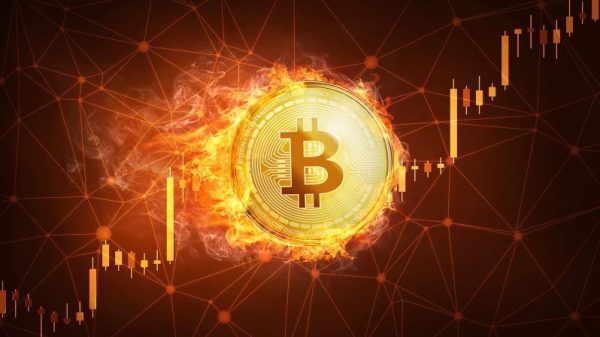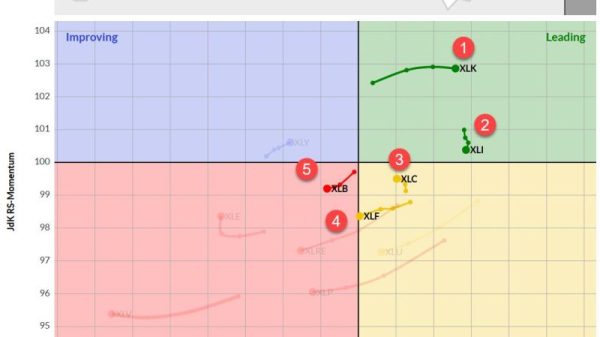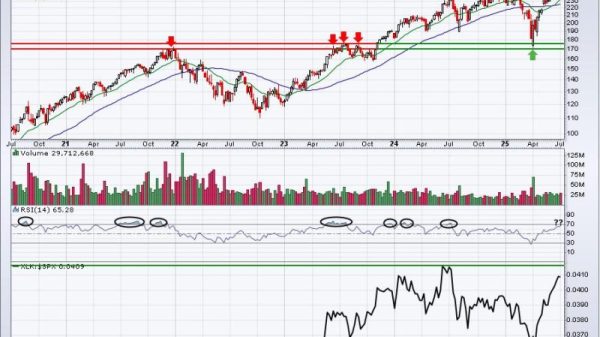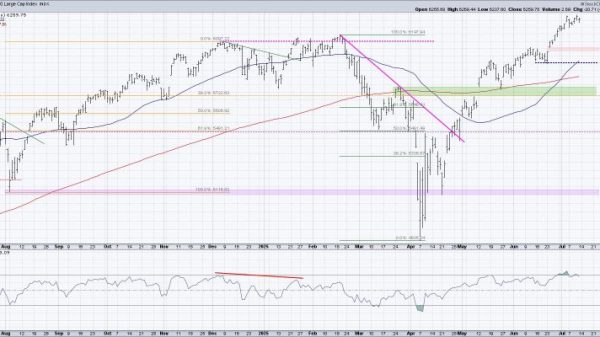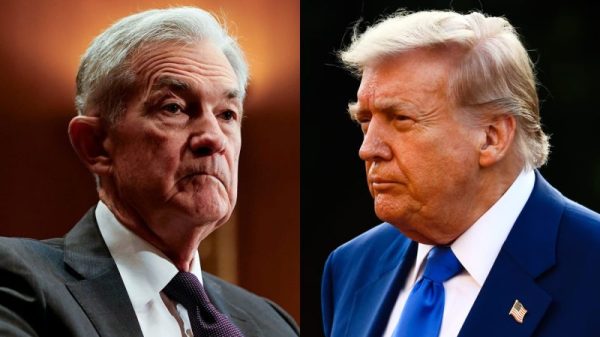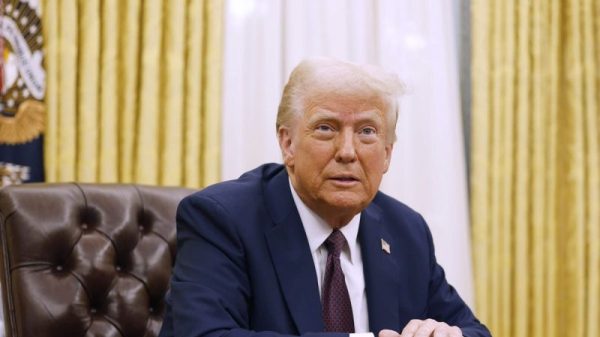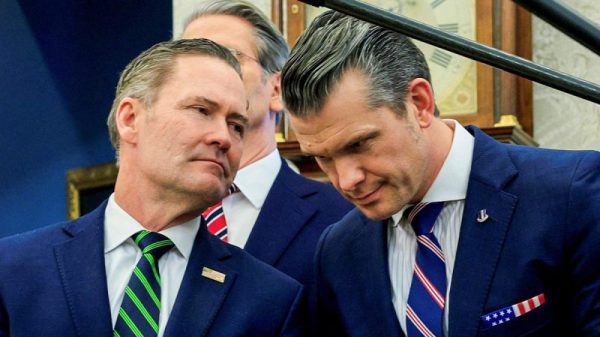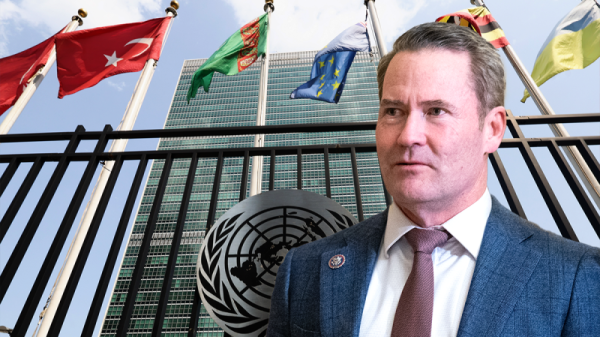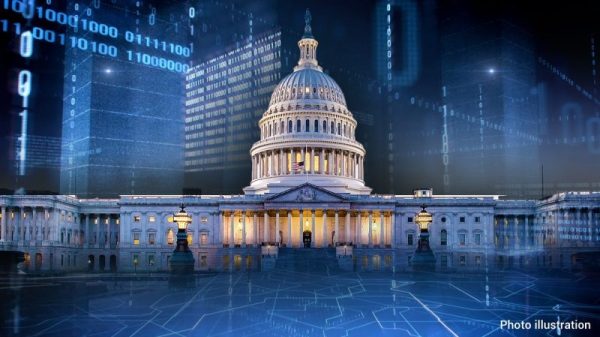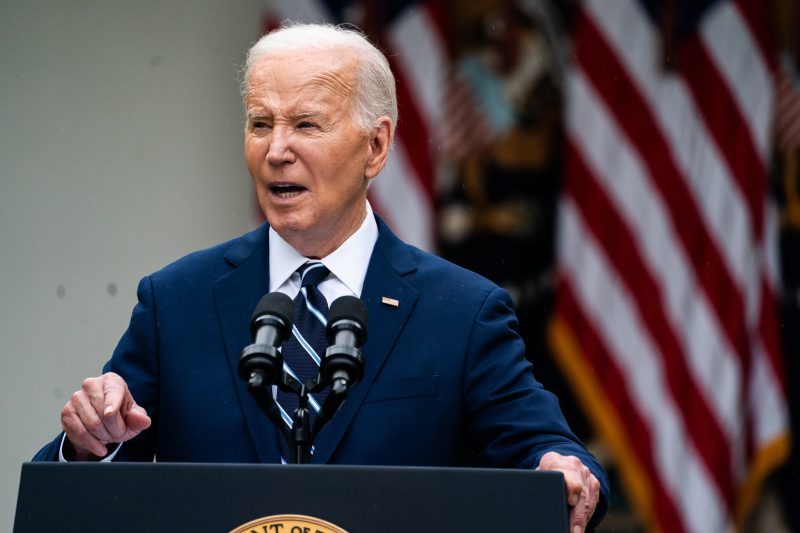In a recent statement, President Joe Biden falsely claimed that inflation was at 9% when he took office. This assertion has stirred controversy and raised concerns among economists and the public. However, data from the U.S. Bureau of Labor Statistics (BLS) clearly shows a different picture.
According to the BLS, the Consumer Price Index (CPI) in January 2021, the month Biden was inaugurated, stood at 261.582. By October 2021, the CPI had risen to 272.854, representing an increase of about 4.3% during Biden’s tenure up to that point. These figures indicate that the president’s statement about inflation being at 9% when he assumed office is incorrect.
It is crucial to accurately understand and communicate economic data, as inflation has significant implications for individuals, businesses, and the overall economy. Inaccurate information can lead to misguided policies and decisions that may exacerbate economic challenges.
Inflation is a complex economic phenomenon influenced by various factors such as supply and demand dynamics, fiscal and monetary policies, and global market conditions. While some level of inflation is normal and even necessary for a growing economy, high and rapid inflation can erode purchasing power, reduce consumer confidence, and disrupt financial planning.
Moreover, inflation disproportionately affects vulnerable populations, such as low-income households and fixed-income retirees, who may struggle to keep up with rising prices. Therefore, policymakers must have a clear and accurate understanding of inflation trends to implement targeted interventions that mitigate its adverse effects on society.
In light of the discrepancy between President Biden’s statement and the official data on inflation, it is essential for leaders to be transparent and honest when discussing economic issues. Clear and accurate communication builds trust with the public and enables informed decision-making at both the individual and policy levels.
Moving forward, a collaborative approach that involves economic experts, government officials, and the public can help address inflation concerns effectively. By fostering open dialogue and sharing reliable information, stakeholders can work together to develop strategies that promote economic stability and prosperity for all citizens.


